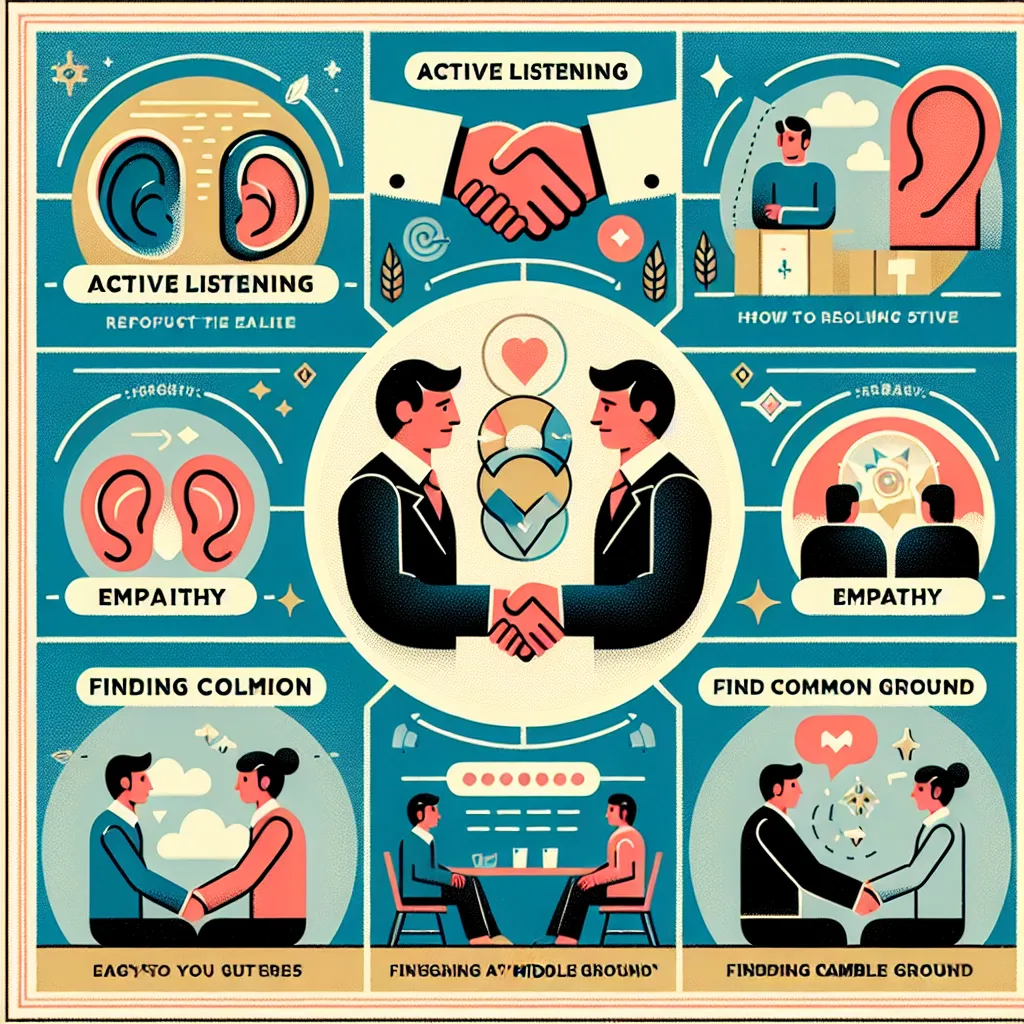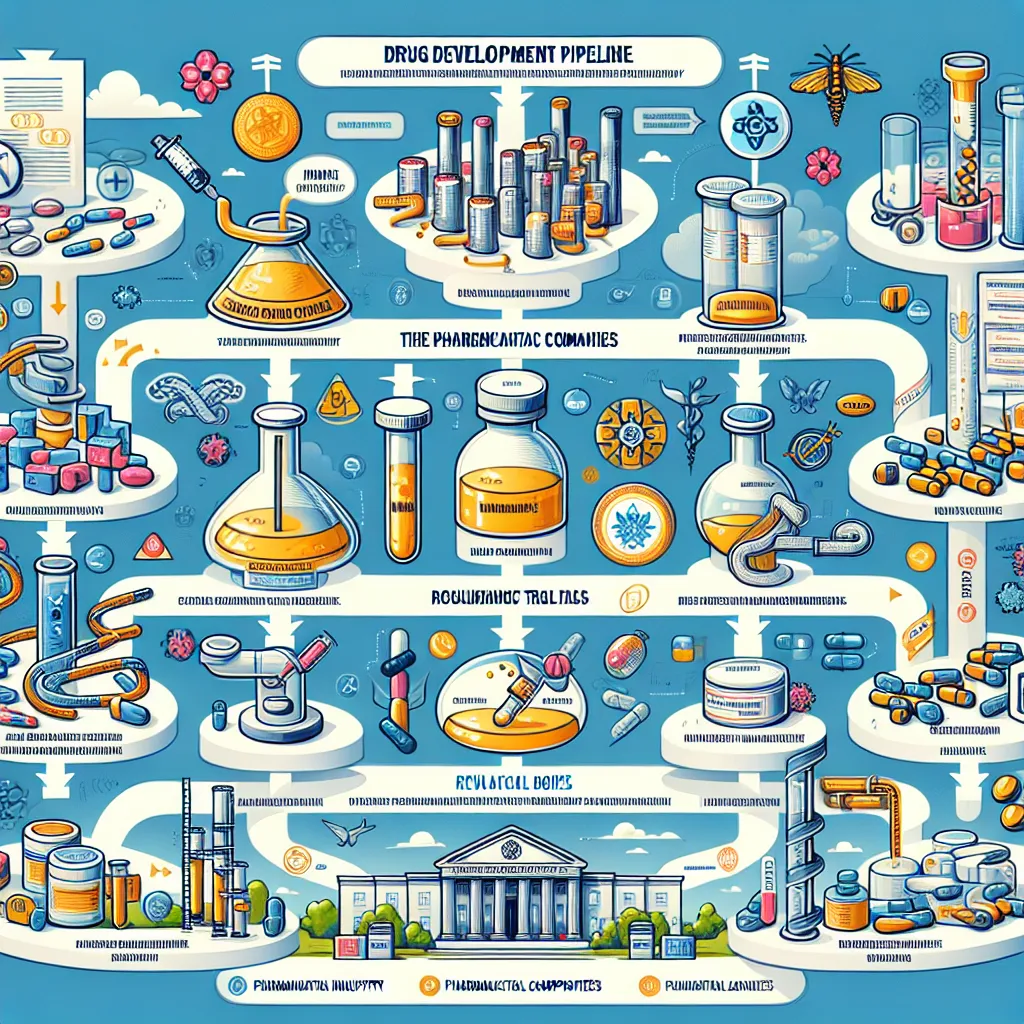Conflict resolution is a crucial skill that employers seek in potential employees. Being able to effectively handle and resolve conflicts in the workplace is essential for maintaining a positive and productive work environment. In job interviews, you may encounter questions designed to assess your conflict resolution abilities. This article will guide you through answering these questions effectively, providing insights, examples, and tips to help you showcase your skills and impress your interviewer.
Understanding Conflict Resolution Questions
Conflict resolution questions are a common component of job interviews across various industries and positions. These questions aim to evaluate your ability to handle disagreements, mediate disputes, and find constructive solutions in challenging situations. Employers want to gauge your interpersonal skills, problem-solving abilities, and emotional intelligence when faced with conflicts.
Why Employers Ask About Conflict Resolution
Employers ask about conflict resolution for several reasons:
- To assess your communication skills
- To evaluate your ability to work in a team
- To understand your problem-solving approach
- To gauge your emotional intelligence
- To determine how you handle stress and pressure
Understanding these motivations will help you craft more effective responses to conflict resolution questions.
 Conflict Resolution Interview
Conflict Resolution Interview
Common Conflict Resolution Questions and Sample Answers
Let’s explore some typical conflict resolution questions you might encounter in a job interview, along with sample answers to guide you:
1. “Describe a time when you had to resolve a conflict with a coworker.”
Sample Answer: “In my previous role as a project manager, I encountered a situation where a team member consistently missed deadlines, causing delays in our project timeline. Instead of immediately escalating the issue, I approached the coworker privately to understand the root cause. Through our conversation, I learned that they were overwhelmed with their workload and struggling with time management. Together, we developed a plan to prioritize tasks and implemented a daily check-in system. This approach not only resolved the immediate conflict but also improved our overall team communication and productivity.”
2. “How do you handle disagreements with your supervisor?”
Sample Answer: “When facing disagreements with a supervisor, I always approach the situation with respect and professionalism. I believe in open communication and try to understand their perspective fully. For instance, in my last job, I disagreed with my manager about the approach to a client project. I requested a private meeting where I presented my concerns along with data-driven alternatives. By focusing on the project’s goals and maintaining a collaborative attitude, we were able to find a middle ground that incorporated both of our ideas. This experience taught me the value of constructive dialogue and finding win-win solutions.”
3. “Can you give an example of how you’ve helped resolve a conflict between team members?”
Sample Answer: “In my role as a team leader, I once mediated a conflict between two colleagues who had different working styles. One preferred a structured approach with detailed plans, while the other favored a more flexible, adaptive method. Their disagreement was affecting team morale and project progress. I organized a meeting where both parties could express their concerns without interruption. Then, I facilitated a discussion to identify common ground and team goals. We ended up creating a hybrid approach that incorporated elements from both working styles, which not only resolved the conflict but also improved our team’s overall efficiency.”
4. “How do you handle conflicts with clients or customers?”
Sample Answer: “When dealing with client conflicts, I prioritize active listening and empathy. For example, I once had a client who was dissatisfied with the timeline of a project. Instead of becoming defensive, I listened carefully to their concerns and acknowledged their frustration. I then explained our process in detail and the reasons behind our timeline. Together, we reviewed the project scope and identified areas where we could potentially expedite certain elements without compromising quality. This approach not only resolved the immediate conflict but also strengthened our relationship with the client, leading to repeat business.”
5. “What strategies do you use to prevent conflicts from escalating?”
Sample Answer: “I believe in proactive conflict prevention. My strategies include clear communication, setting expectations early, and addressing issues as they arise rather than letting them fester. For instance, in my current role, I implemented a weekly team check-in where we discuss potential roadblocks and concerns openly. This practice has significantly reduced misunderstandings and allowed us to address small issues before they become larger conflicts. Additionally, I encourage a culture of constructive feedback, where team members feel comfortable expressing their thoughts and concerns respectfully.”
Tips for Answering Conflict Resolution Questions
To effectively answer conflict resolution questions, consider the following tips:
- Use the STAR method (Situation, Task, Action, Result) to structure your responses.
- Focus on positive outcomes and learning experiences.
- Emphasize your communication and problem-solving skills.
- Show empathy and understanding for all parties involved in the conflict.
- Highlight your ability to remain calm and professional in challenging situations.
- Demonstrate your willingness to compromise and find win-win solutions.
- Avoid speaking negatively about former colleagues, supervisors, or employers.
Common Mistakes to Avoid
When answering conflict resolution questions, be careful to avoid these common pitfalls:
- Claiming you’ve never experienced conflict (this may seem unrealistic).
- Focusing solely on the conflict without discussing the resolution.
- Portraying yourself as always right or blameless in conflicts.
- Describing conflicts that arose due to your own unprofessional behavior.
- Providing vague answers without specific examples.
- Showing an unwillingness to compromise or consider other perspectives.
 Conflict Resolution Tips
Conflict Resolution Tips
Follow-up Questions and Suggested Responses
Interviewers may ask follow-up questions to delve deeper into your conflict resolution skills. Here are some potential follow-up questions with suggested responses:
-
Q: “How do you manage conflicts when working remotely?”
A: “In remote settings, I prioritize clear communication channels and regular check-ins. I use video calls for sensitive discussions to capture non-verbal cues and ensure messages aren’t misinterpreted. I also document agreements and action items to prevent future misunderstandings.” -
Q: “Can you describe a conflict you were unable to resolve successfully?”
A: “While I strive to resolve all conflicts, there was a situation where a team member and I couldn’t agree on a project approach. Despite multiple discussions, we couldn’t find common ground. I learned the importance of involving a mediator earlier in such situations and how to better articulate my viewpoints while remaining open to alternatives.” -
Q: “How do you handle conflicts that arise due to cultural differences?”
A: “I approach these situations with cultural sensitivity and an open mind. I take time to understand different cultural perspectives, ask questions respectfully, and seek common ground. If necessary, I consult with HR or cultural experts to ensure I’m addressing the situation appropriately.” -
Q: “What do you do when you disagree with a company policy?”
A: “If I disagree with a policy, I first ensure I fully understand its purpose and implementation. If I still have concerns, I would respectfully discuss them with my supervisor, providing constructive feedback and potential alternatives that align with the company’s goals.” -
Q: “How do you handle conflicts in high-pressure situations or tight deadlines?”
A: “In high-pressure situations, I focus on maintaining calm and perspective. I prioritize clear, concise communication and focus on the most critical issues. I also emphasize team cohesion and remind everyone of our shared goals to prevent stress-induced conflicts.”
Conclusion
Mastering the art of answering conflict resolution questions can significantly boost your chances of success in job interviews. By understanding the types of questions you might face, preparing thoughtful responses, and following the tips provided, you’ll be well-equipped to showcase your conflict resolution skills effectively. Remember, the key is to demonstrate your ability to handle conflicts professionally, communicate effectively, and find constructive solutions that benefit all parties involved.
As you prepare for your next interview, practice articulating your conflict resolution experiences and strategies. Consider role-playing with a friend or mentor to gain confidence in your responses. With preparation and a positive attitude, you’ll be ready to tackle any conflict resolution question that comes your way.
For more insights on acing your job interview, check out our related articles on how to answer questions about cultural fit and how to answer questions about your leadership experience. These resources will further enhance your interview skills and help you present yourself as a well-rounded candidate.




